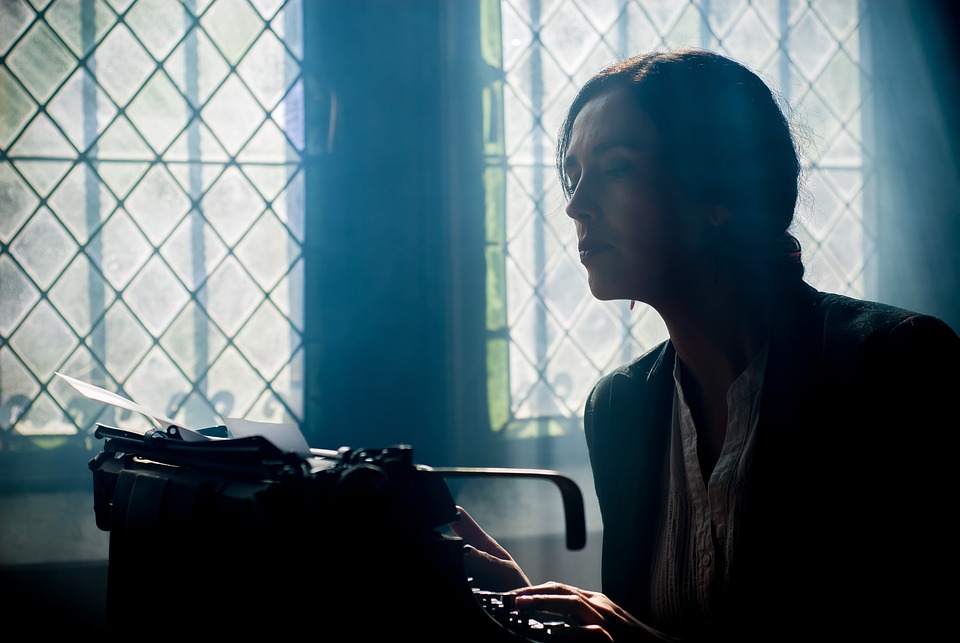Exploring Different Writing Styles: Fiction, Non-Fiction, and Poetry
Introduction
Writing is a versatile art form that allows writers to express themselves in a variety of ways. Whether you prefer to tell imaginative stories, convey factual information, or evoke emotions through poetic language, there is a writing style to suit your creative desires. In this article, we will explore three primary writing styles: fiction, non-fiction, and poetry.
Fiction
Fiction is a genre of writing that involves creating stories and characters that are not based on real events or people. In fiction writing, the author uses their imagination to invent plotlines, settings, and characters that captivate the reader’s attention. Some common types of fiction include novels, short stories, and plays.
One of the key elements of fiction writing is the ability to transport readers to a different world and immerse them in the lives of fictional characters. Through vivid descriptions, dialogue, and narrative, fiction writers bring their stories to life and evoke emotions in their readers. By tapping into universal themes such as love, loss, and redemption, fiction writers can create stories that resonate with audiences of all ages.
Famous examples of fiction writing include works by authors like J.K. Rowling, Stephen King, and Jane Austen. These writers have mastered the art of storytelling and have created compelling narratives that continue to captivate readers around the world.
Non-Fiction
Non-fiction writing, on the other hand, is based on real events, facts, and information. This style of writing aims to inform, educate, or persuade readers by presenting them with accurate and reliable information. Non-fiction writing can take many forms, including essays, biographies, memoirs, and journalistic reports.
Non-fiction writers often conduct research, interviews, and investigations to gather the necessary information for their writing. They use a clear and concise writing style to present their findings in a way that is easy to understand and digest. Non-fiction writing is often used to explore complex topics, share personal experiences, or shed light on current events.
Some well-known examples of non-fiction writing include “The Diary of Anne Frank” by Anne Frank, “The Immortal Life of Henrietta Lacks” by Rebecca Skloot, and “In Cold Blood” by Truman Capote. These works offer readers a glimpse into real-life events and experiences that have had a significant impact on society.
Poetry
Poetry is a form of writing that uses rhythmic and expressive language to evoke emotions and create imagery. Poets use words to convey feelings, thoughts, and experiences in a way that is artistic and meaningful. Poetry can take many forms, including sonnets, haikus, free verse, and ballads.
One of the unique aspects of poetry is its use of literary devices such as metaphor, simile, and imagery to create powerful and evocative language. Poets often use rhyme, rhythm, and meter to enhance the musical quality of their writing and engage the reader’s senses. By exploring themes like love, nature, and spirituality, poets can evoke a wide range of emotions and connect with readers on a deep level.
Some renowned poets whose work has left a lasting impact on literature include Emily Dickinson, Langston Hughes, and Sylvia Plath. These poets have used their unique writing styles to create timeless works that continue to inspire and resonate with readers today.
Conclusion
In conclusion, writing is a diverse and multifaceted art form that allows writers to explore different styles and genres. Whether you prefer to tell fictional stories, share real-life experiences, or evoke emotions through poetic language, there is a writing style that suits your creative inclinations. By experimenting with various writing styles, writers can broaden their horizons, hone their skills, and express themselves in new and exciting ways. So, pick up your pen or keyboard and start exploring the world of fiction, non-fiction, and poetry – the possibilities are endless.
